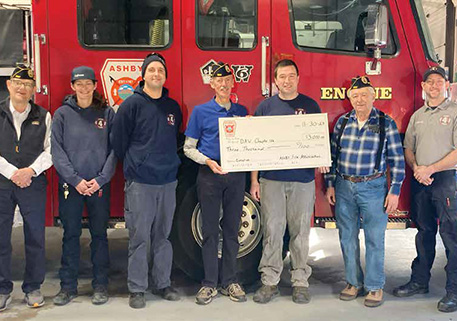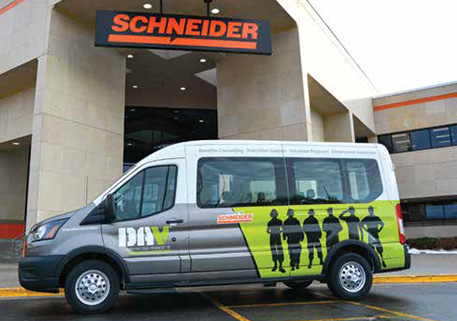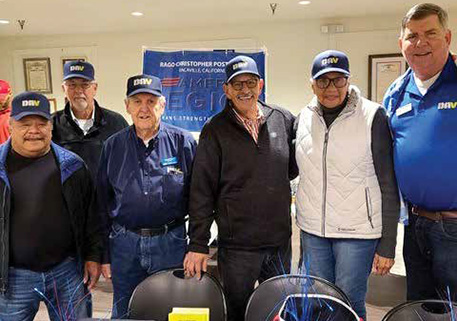In 2014, the National Health Study for a New Generation of U.S. Veterans found that 15.8 percent of women and 13.8 percent of men who served in the post-9/11 era have experienced infertility, and now these veterans have expanded services available through the VA.
Defined as trying to become pregnant for more than a year with a partner without success, infertility can impact both male and female veterans. While the VA had previously offered limited infertility treatments, last year Congress passed Public Law 114-223, the Continuing Appropriations and Military Construction, Veterans Affairs and Related Agencies Appropriations Act 2017, which included a provision to extend new benefits to veterans with service-connected infertility. Added by Sen. Patty Murray, a senior member of the Senate Veterans’ Affairs Committee, the provision required VA to provide assisted reproductive technology services, including in vitro fertilization, to a veteran or the spouse of a veteran or cover the cost of adoption for veterans unable to have children due to injuries derived from military service. The interim final rule made reproductive services available to eligible veterans immediately, and provides funding through Sept. 30, 2018. Reimbursement of adoption expenses will be the subject of a separate rulemaking.
“When we send our men and women to war, we promise to be there for them when they return, no matter what,” said Murray. “But for years, service members and veterans who suffered injuries while fighting on our behalf find their country falls short when it comes to helping them with the one thing they want most—the ability to have a child.”
This law provides veterans fertility services comparable to those available to active-duty service members through the Department of Defense. The average cost to families in America seeking fertility treatments is around $12,000 for each attempt at a pregnancy. The cost of adoption in the United States can be as high as $30,000 to $40,000. That financial burden falls hard on veterans who cannot have their own children due to their sacrifices in military service.
“For many veterans, having a family is part of the American dream,” said DAV National Service Director Jim Marszalek. “However, there are veterans who wish to start a family of their own but suffered illnesses or injuries in service that prevents that ability. Given their sacrifices on behalf of the nation we owe it to these men and women to use whatever technologies and services that are available to enable them to fulfill that dream.”
To build on the current law for these benefits, Murray and Rep. Rick Larsen recently introduced companion legislation, the Women Veterans and Families Health Services Act of 2017, S. 700 and H.R. 1681, that would require VA to include fertility treatment and counseling to its definition of medical services and authorize the VA Secretary to coordinate fertility treatment and counseling for the veterans, spouses, partners or gestational surrogates. It would also authorize child care for those eligible for fertility services or seeking mental health or readjustment services.
“The Department of Veterans Affairs took an important step forward by temporarily offering in vitro fertilization services [through the interim rule],” said Larsen. “But the fight is not over. It is time to lift the ban.”
If you have questions regarding whether you or your spouse are eligible for assisted reproductive technologies from VA, contact your local National Service Office. Find yours at https://www.dav.org/veterans/find-your-local-office/. For more information regarding important legislation impacting veterans sign up for DAV CAN (Commander’s Action Network) at https://www.dav.org/learn-more/legislation.






